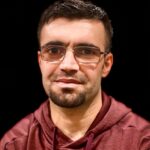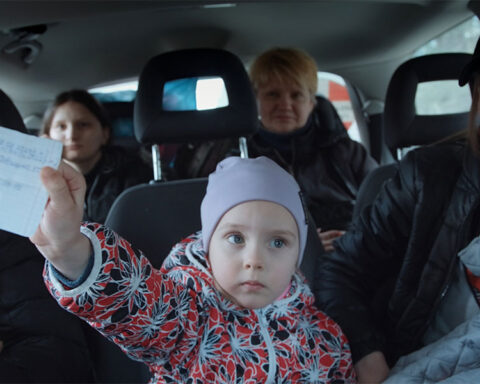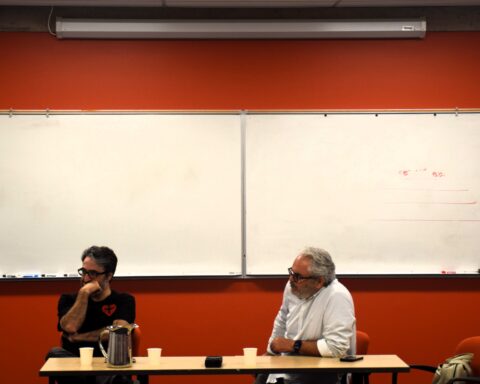Kurdish-Canadian filmmaker, actor, and writer, Kordo Doski, has made it his mission to challenge negative stereotypes and promote empathy through his work.
After six years of working in Canada and the U.S., Doski has recently made his first feature documentary, ‘Allihopa: The Dalkurd Story’, which follows the Kurdish Dalkurd football (soccer) team. It was founded as a social project to keep Kurdish children off the streets and has since become a symbol of Kurdish identity and resilience.
The documentary premiered in Toronto at the 2023 Hot Docs Film Festival in the World Showcase Section. Hot Docs is the largest documentary festival in North America and the film will continue to play festivals throughout Canada and the world in 2023. Since its premiere, the film placed 6th in the top 10 audience favourites at the HotDocs festival.
View this post on Instagram
As a Kurdish refugee and former footballer, Doski shared several factors that inspired him to tell this story and bring a deeply personal touch to his portrayal of the team’s struggles and triumphs, showcasing the shared experiences and struggles of humanity.
‘Allihopa’ is a 91-minute documentary in English, Kurdish, and Swedish. Produced in Toronto, it follows the story of The Dalkurd Football Club, a scrappy group of Kurdish refugees in Sweden who defy all odds to climb the ranks of Sweden’s soccer leagues in hopes of becoming champions and bringing glory and attention to the plight of their stateless people. The club’s name is a combination of ‘Dalarna’ and ‘Kurdistan’, honouring Dalaran, the Swedish province where the members had settled, and Kurdistan, where the members are from.
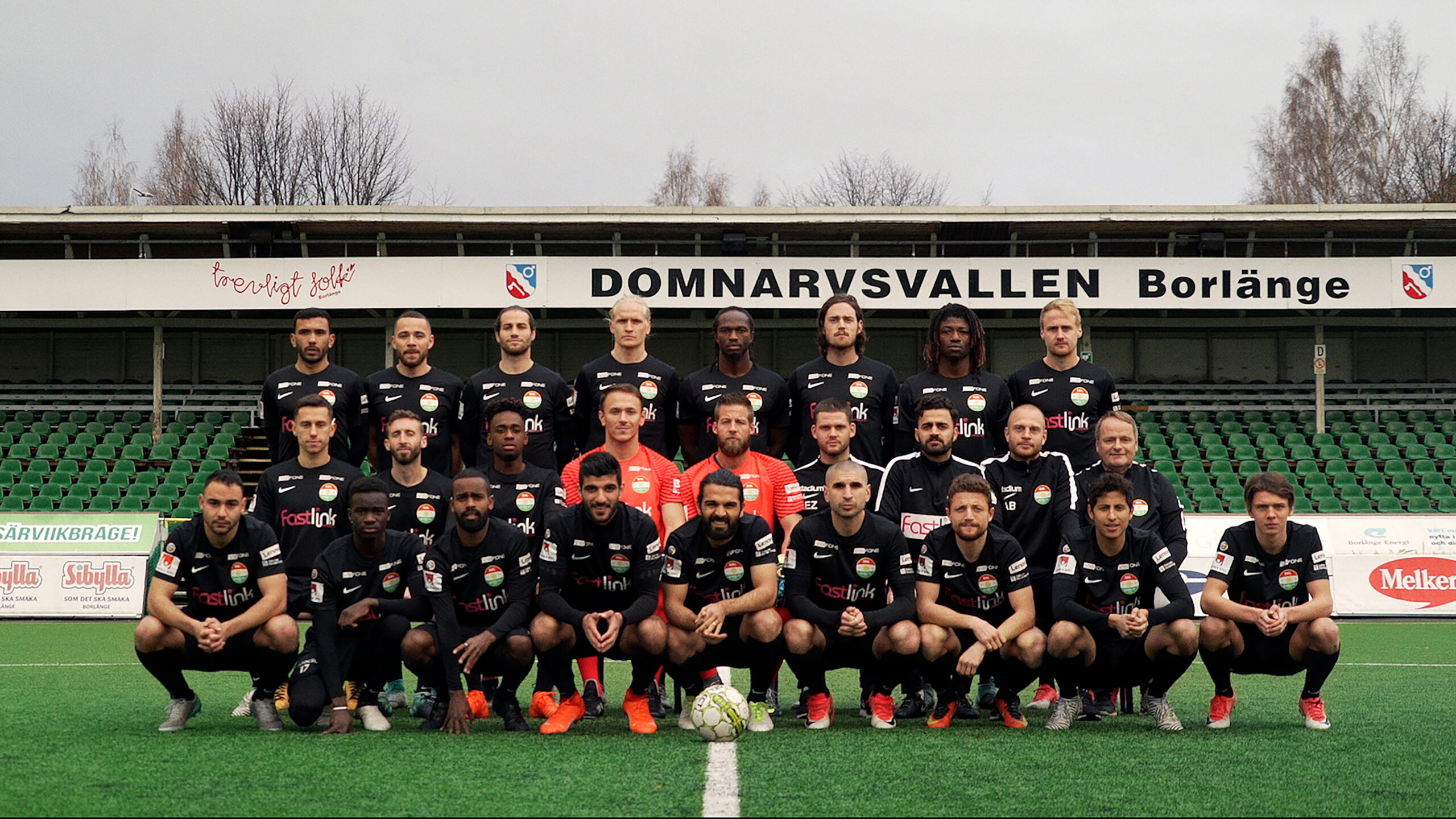
‘Allihopa’ explores the personal journeys of these refugee players on and off the pitch. It reveals the challenges faced and sacrifices endured to pursue their dreams.
Discovering a passion for football
In 1982, Doski and his family fled to Toronto from Iraq during the wars when he was around five years-old. In Toronto, he integrated into the school system and enjoyed the diversity in the city, where he pursued his dream of becoming a football player. Although his family wanted him to study a subject like law to have a better life, he was passionate about sports, particularly football and became a high school star player.
Due to a knee injury, Doski quit playing but promised to pursue something else for the sport. Doski eventually travelled to Sweden where he heard about the Dalkurd soccer team. He soon visited and stayed with them for around eight months. To bring his dream to life, Doski decided to make a documentary about the team, which began shooting in 2017 and finished in April this year.
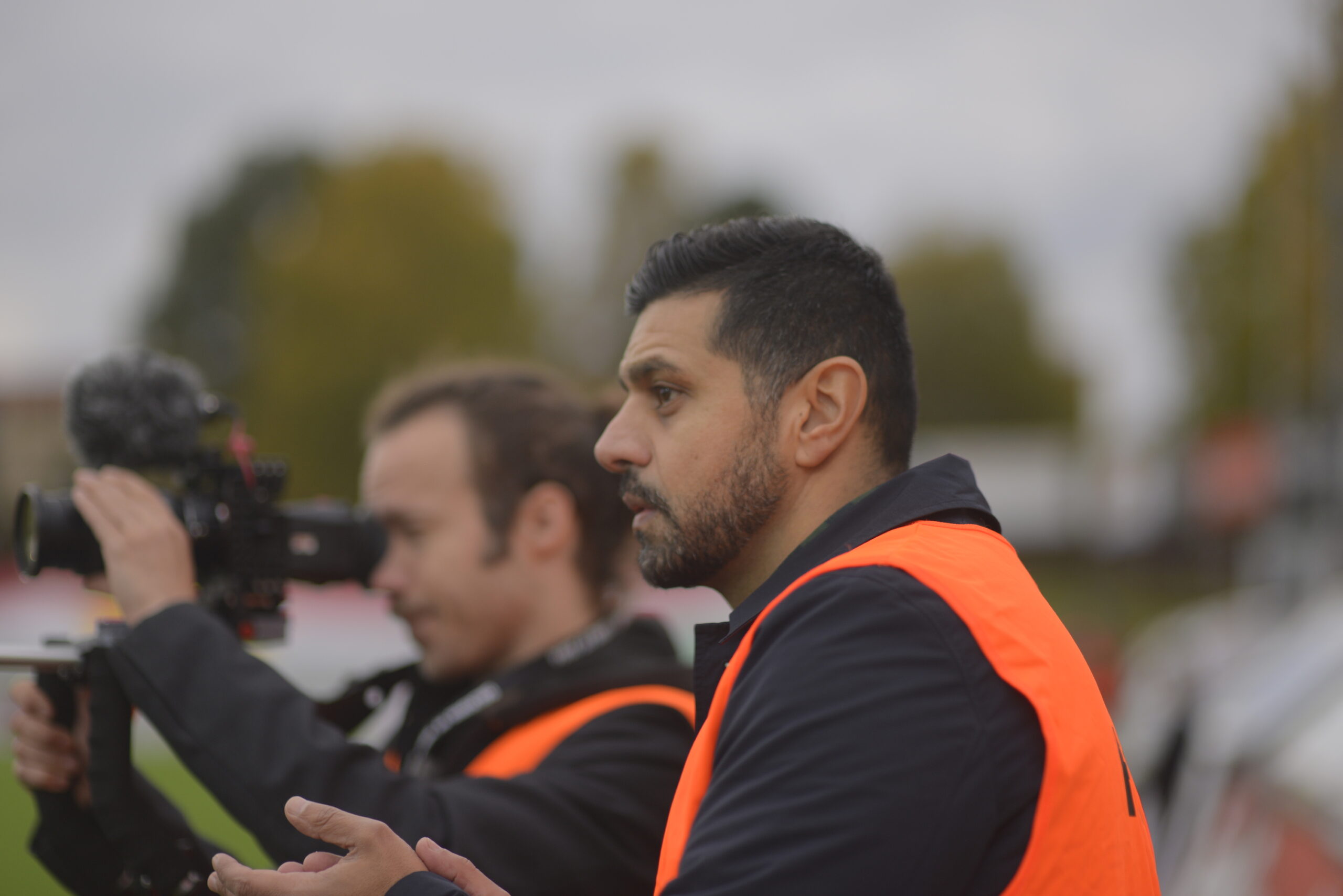
Doski adapted to Canadian culture and lifestyle and says he sees only the positive aspects of Canadian culture, but stereotypes about the Kurds bothered him and there was little information about the Kurds in North America.
“The Kurds are like other people and can do things that they are very passionate about,” Doski said. “We are not victims; we are dreamers with hopes and aspirations, and we persevere in the face of unimaginable adversity.”
Though he used a Kurdish story in his movie, Doski said it is not just about the Kurdish people or a football team, but rather a story about the human spirit, and the power of hope, to challenge negative stereotypes, and promote empathy and understanding across cultures.
Doski wants to bring people together and show that people who arrived in Canada from different backgrounds can do anything and have different dreams.
“They looked at the refugees as those who do not give back anything to the society. That is a very dangerous narrative because there are a lot of talented immigrant people in Canada like many Canadian soccer players who came from multicultural culture,” he said. “The movie inspires immigrants and refugees to be proud of themselves.”
Doski plans to continue acting and creating stories that Hollywood has yet to tell, sharing a vision of who everyone can be. Another dream of his is to set up a football club in Canada, not just for Kurds, but for immigrants, refugees, and Canadians alike.
Diary Marif is an Iraqi Kurdish journalist based in Vancouver, Canada. His writing has appeared in the Awene weekly, Livin, and on KNNC TV as a documentary researcher by the name Diary Khalid. Diary earned a master's degree in History from Pune University, in India, in 2013. He moved to Vancouver in 2017, where he has been focusing on nonfiction writing. He can be found on Twitter: @diary_khalid.


